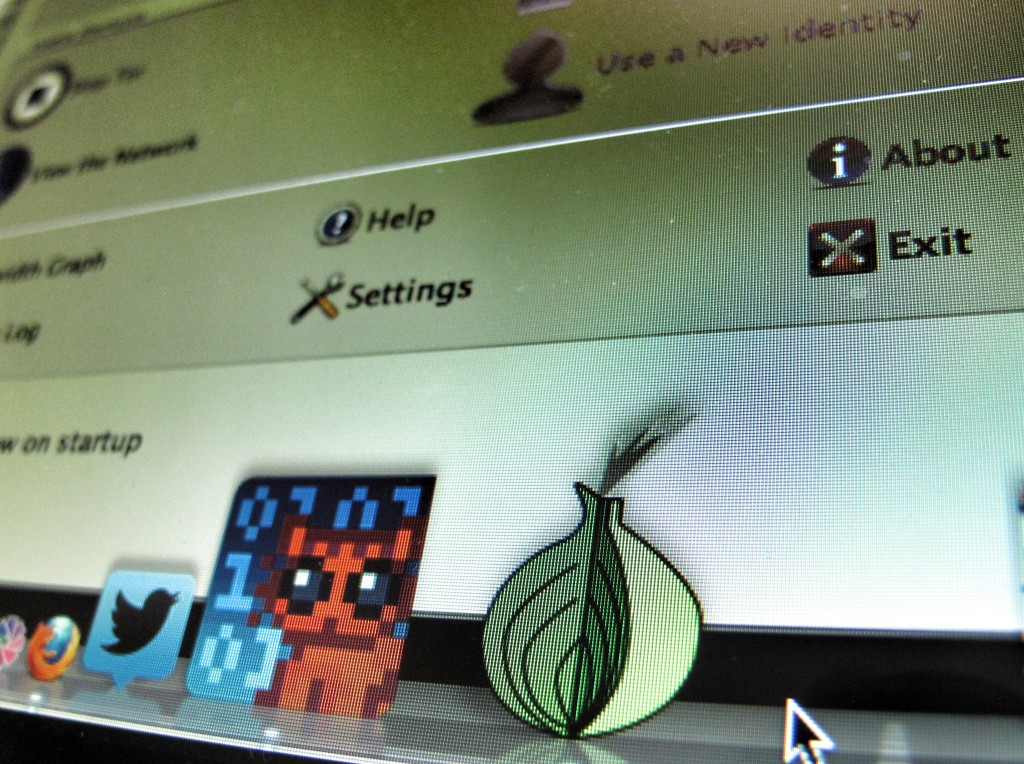Search Results for Tag: tor
The risks of using Skype, Facebook, WhatsApp and Co.

Graphic: flickr/mmapstone
Most reporters use a whole bunch of different online tools and apps such as Skype, WhatsApp, Facebook, Gmail, Tumblr, Blogger, WordPress and Dropbox to make their work easier. To commemorate this year’s Safer Internet Day, onMedia highlights a few risks associated with some of the most popular journalism tools and suggests possible, more secure alternatives.
![]() read more
read more
Staying safer online – our best of digital safety list

Photo: flickr/CyberHades
DW Akademie devoted the whole of the week December 2- December 6, 2013 to the issue of Digital Safety for Journalists. As well as live online sessions on the topic, we also tackled issues on our digital safety blog important to reporters who want to or need to keep their activities away from prying eyes. Here is a list of some of the posts that can put you on the road to a more secure digital life.
![]() read more
read more
Hiding your online identity: Trialing Tor in Cambodia

Photo: flickr/WarzauWynn
All of this week, DW Akademie is exploring the topic of digital safety for journalists in a free open online workshop with live panel discussions and online sessions. Follow this link to participate in the live sessions from December 2 to 6. There you’ll also find more digital security posts like this one by journalist Kyle James, who takes the anonymous surfing tool Tor on a test drive in Cambodia.
Keeping your identity anonymous on the Internet can have major advantages. If you’re a political activist living in a country with a repressive regime, disguising your Internet identity might just keep you out of jail, and alive. Alternatively, if you’re a reporter working on a story your government doesn’t approve of, surfing anonymously can help you bypass your country’s censorship or filters.
One of the best known and easy-to-use systems for doing this is Tor. But Tor has some disadvantages – many complain it slows down their surfing. So what happens when you use it somewhere like Cambodia that already has slow internet?
![]() read more
read more
Who gathers your data and what you can do about it?
 The revelations of the surveillance program of the US National Security Agency (NSA) has shown that no one is protected from being spied upon. Diplomats, political activists, as well as journalists around the world, are becoming increasingly vulnerable to online surveillance. Anne Roth is a researcher for the NGO Tactical Technology Collective that trains rights advocates how to use information and communications technologies.
The revelations of the surveillance program of the US National Security Agency (NSA) has shown that no one is protected from being spied upon. Diplomats, political activists, as well as journalists around the world, are becoming increasingly vulnerable to online surveillance. Anne Roth is a researcher for the NGO Tactical Technology Collective that trains rights advocates how to use information and communications technologies.
DW Akademie’s Natalia Karbasova spoke to Roth about the biggest risks journalists face online, and about the parties interested in gathering all relevant and irrelevant information: from local authorities to national secret services.
![]() read more
read more
Online security: How to surf anonymously

Set Tor up correctly and the little green onion is a sign you are on the way to surfing anonymously. (Photo: Guy Degen)
Whether you are doing investigative journalism, communicating with a trusted source or traveling to a country where authorities are known for electronic eavesdropping, online security is increasingly becoming a must-know skill for journalists.
Jens Kubieziel is security expert and author of the book Anonym im Netz (Anonymous on the web) which offers useful advice for keeping secure on the web, the must-have tools to anonymously surf the web and how proxies can protect your privacy.
DW Akademie’s Natalia Karbasova asked Kubiezel how journalists can surf the web safely, and when necessary, anonymously.
![]() read more
read more




Feedback